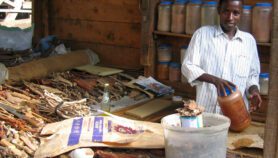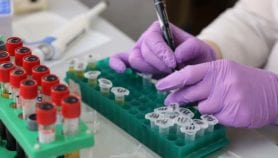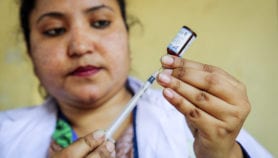By: Nira Datta
Send to a friend
The details you provide on this page will not be used to send unsolicited email, and will not be sold to a 3rd party. See privacy policy.
Government support, strong leadership within institutions and the protection of ‘genomic sovereignty’ are vital to the burgeoning genomic medicine sector in developing countries, say researchers.
Some developing countries are starting to use genomic science, aiming both for public health benefits and to produce knowledge to stimulate their economies. They often do this by setting up large-scale genotyping projects to assess susceptibility to disease.
The researchers — from the Canada-based McLaughlin-Rotman Centre for Global Health — compared the genotyping initiatives set up by the Mexican National Institute of Genomic Medicine (INMEGEN), the Indian Genome Variation Database (IGVdb) Consortium, the Thai SNP Discovery Project and the Pharmacogenomics Project at the Thai Centre of Excellence for Life Sciences (TCELS), by carrying out 56 in-depth interviews.
They found that institutional leadership in all three countries has led to international collaborations, allowing the countries to take part in decisions on the international stage. All the projects were implemented with government support and legislation.
Both India and Mexico have made steps to pursue genomic sovereignty — the protection of genomic information from foreign exploitation. The authors say this is key to ensuring that each country can leverage data on genetic variation to take part in the global knowledge based economy equally.
Abdullah Daar, lead author and professor of Public Health Sciences at University of Toronto, says that the particular pattern of genetic variation in a country and the history of population movements are, among other elements, "useful to develop research and applications in health for the nations involved".
An important challenge for all countries is addressing how genomic findings can be applied to practical health interventions for local populations.
Unlike the Indian and Thai projects, INMEGEN is integrated within its national Ministry of Health. Daar says this may be a more effective way of applying genomic findings in public health interventions.
He adds that developing countries are limited by available funding and infrastructure, and as a result tend to focus more on practical applications in the short term in order to justify funding.
"I think that a wider definition of what genomics can do for health and economic benefits would help policymakers understand that genomics and related areas of research and development are vital for the future," he concludes.
The study was published in the June 2008 issue of Nature Reviews Genetics.













